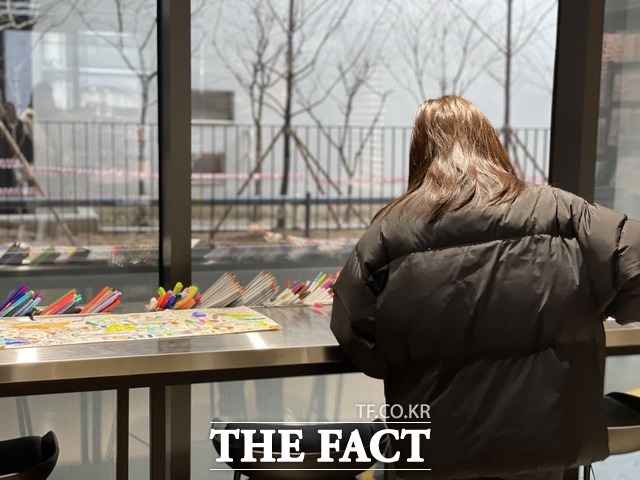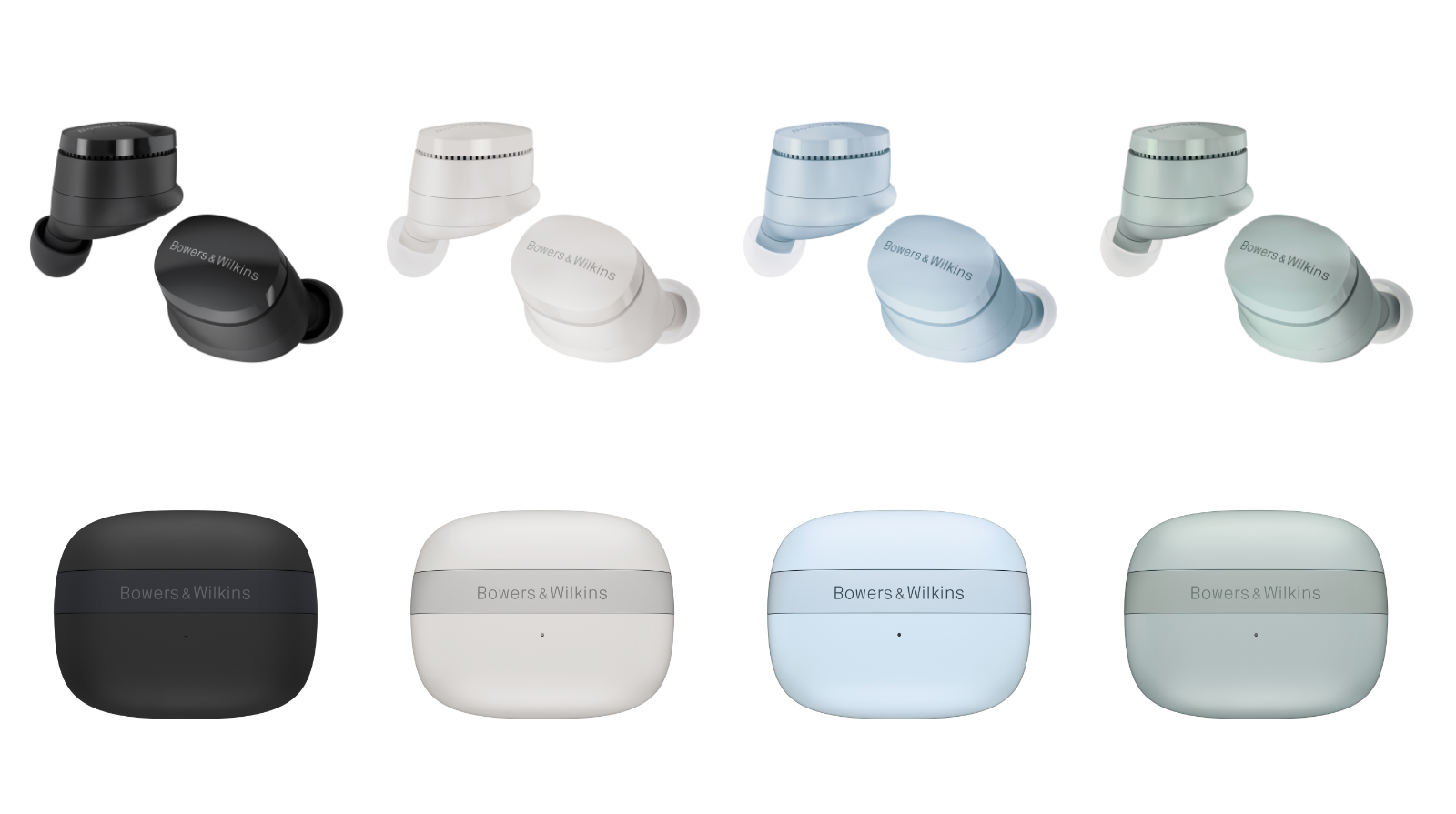“Where to go for sustainable management”… Monami, ESG rating remains stagnant for 3 consecutive years
Korea ESG Standards Institute ESG overall grade ‘D’ from 2022
Monami “We will pay attention to ways to contribute to the environment and society”
[더팩트 | 문은혜 기자] Monami’s ESG (environmental, social, and governance) indicators are stagnant. ESG, which has emerged as a key indicator to evaluate a company’s sustainability and competitiveness, has become an essential factor that not only large corporations but also small and medium-sized companies must follow, but Monami has been showing insufficient performance in all areas for several years.
According to related industries on the 28th, Monami received an overall ‘D’ in the ESG rating evaluated annually by the Korea ESG Standards Institute for the past three consecutive years. Monami received an overall ‘C’ grade in 2020 and the following year, 2021, when it first disclosed its ESG rating, but the grade was lowered to ‘D’ starting in 2022 and has not been able to get out of it for three years.
Korea ESG Standards Institute is one of the leading ESG evaluation institutions in Korea. Every year, it evaluates the ESG level of major listed companies in each area such as environment, society, and governance. Based on this, it evaluates the company’s ESG level in a total of 7 categories (S, A+, A, B+, etc.). An ESG integrated rating consisting of B, C, and D is announced. This year, a total of 794 companies were evaluated. Regarding this year’s results, an official from Korea ESG Standards Institute explained, “While middle-ranked companies made great progress, the ESG management level of top and bottom-ranked companies appeared to have stagnated.”
In fact, Monami, which received an overall ‘D’ grade this year, has not been able to get out of the same grade for three years since 2022. In detail, in 2022, it received a ‘D’ grade in all areas including environment (D), society (D), and governance (D), but from 2023, only the social sector rose one level to a ‘C’ grade. The detailed grades for 2023 and 2024 remained the same as ‘Environment (D), Society (C), and Governance (D)’.
Monami has also attempted eco-friendly management by conducting an upcycling campaign since 2022 to strengthen ESG management. They carried out activities such as making ballpoint pens using waste plastic and cocoa shells, and making upcycling goods from products collected from consumers. In addition, the concept store operated by Monami in Seongsu-dong held a pop-up with the theme of ‘eco-friendliness and upcycling’ to share thoughts and values about sustainability with consumers.
However, despite these activities, it was not enough to raise the overall ESG level. Although the social sector grade has risen to ‘C’ from 2023, the remaining sectors are still at the bottom.
In addition, the Korea ESG Standards Institute evaluated the risk level of governance-related risks as ‘high’ in last year’s ESG report on Monami, which had the same rating as this year. The report pointed out, “If ESG issues with a high risk of damaging corporate value occur frequently, it is difficult to evaluate that the ESG management system is operating smoothly,” and “active risk management in the area of governance is necessary.” He added, “Monami’s rating is the same as the previous year, so efforts are needed to improve the system.”
The industry argues that ESG management must be introduced not only by large corporations but also by small and medium-sized enterprises in order to achieve sustainable growth, attract investment, and improve customer trust and brand value. This is because ESG is increasingly widely used as an indicator for judging companies. In fact, major global asset management companies are actively reflecting ESG as an indicator for investment decisions. Germany’s Deutsche Bank predicted that the size of ESG investment assets will reach approximately $130 trillion (approximately KRW 18 trillion) by 2030.
Especially from the perspective of B2C companies, ESG can not only create a positive image for consumers, but can also be used as an important factor in linking brand value to customer loyalty. An official in the distribution industry said, “Among the MZ generation, which will be the main force of future consumption, ‘mining out’, which considers the value of consumption, is a trend,” and added, “As they think of goods and services as a means of expressing value rather than simply using them, B2C “ESG is essential for companies,” he said.
Regarding ESG, a Monami official said, “There have been no specific discussions regarding future activities yet,” but added, “We are, however, paying attention to ways to contribute to the environment and society.” He added, “We plan to continue to show interest and strive to participate in the future.”


